One-room apartments, or studios, were once an attractive investment for young professionals, but prices are becoming unaffordable for many as property prices soar and the Bank of Japan (BOJ) begins raising interest rates, pushing up mortgage costs.
“Young people, especially ‘salaryman’ investors, have disappeared from the property market. Banks are not lending to them,” said analyst Masanori Koda, adding that banks have become more selective in lending as interest rates have risen. Rising property prices, rising interest rates and soaring ownership costs such as maintenance fees have made it harder to buy one-room apartments.
The current property price rally, which has continued since Japan’s reflationary economic policies were introduced in the 2010s, is being fueled by wealthy Japanese, along with Asian investors and companies, according to Koda. Young investors make up a small portion of such buyers, mainly those earning high salaries at companies with foreign assets.
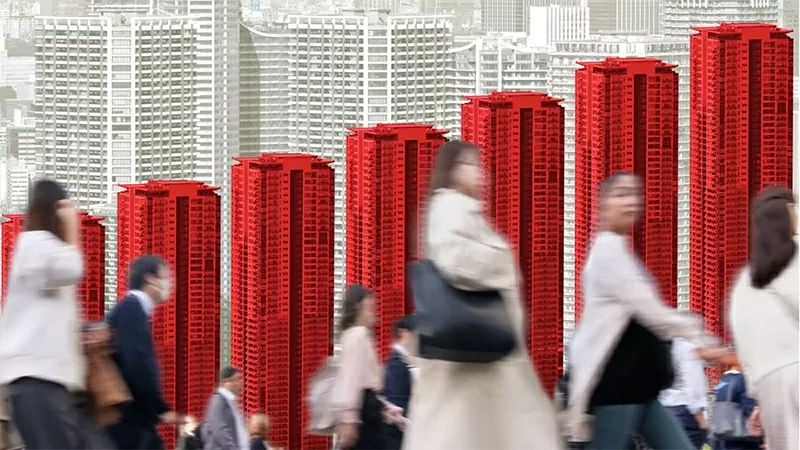 |
| The price of one-room apartments is increasingly beyond the reach of salaried workers. (Photo: Yutaka Miyaguchi, Arisa Moriyama and Konosuke Urata) |
For years, the Japanese government has been trying to push prices and wages higher, which would allow the BOJ to normalize interest rates. The central bank recently raised interest rates to a 17-year high, signaling what it hopes will be the end of the “lost decades.” This long recession began in the 1990s, after a financial bubble burst. In the 2010s, the BOJ tried unsuccessfully to boost household and business spending through “quantitative and qualitative easing,” eventually resorting to negative interest rates.
The BOJ left its policy rate unchanged at the end of its two-day monetary policy meeting in late March, with expectations for another rate hike in the summer. In January, the central bank raised its overnight unsecured rate to a 17-year high of 0.5%, up a quarter of a point from its previous increase in July 2024.
But while the recovering economy is good news, the steady rise in interest rates has highlighted the downsides: the end of deflation and essentially free credit, which has long made borrowing accessible to property buyers, including salaried workers. One-bedroom apartments, which buyers can buy and then pay off by renting them out, are a popular investment vehicle. And banks have provided credit to these buyers because of their steady salaries.
“Interest rates have been rising since I bought [the property] five years ago. The interest rate changes, so even if the monthly principal remains the same, the interest fee has increased,” said TY, a 32-year-old employee at a chemical company. TY bought the first of his two properties in Tokyo and Osaka five years ago, when the BOJ’s monetary policy was at its loosest and interest rates were negative.
Real estate prices have also risen steadily over the past two decades. According to real estate data provider Tokyo Kantei, the average price of a newly built studio apartment in the capital in 2023 was 32.86 million yen, up 50% from the average price of 21.79 million yen in 2004. The increase is even steeper for older apartments: in 2023, the average price was 16.02 million yen, up nearly 72% from 2004, when the average price of a used condominium was 9.32 million yen.
Gross yields—the ratio of rental income earned by tenants in a year to the price of the property—have been falling over the past decade. The yield on a new studio apartment in 2023 was 3.37%, down from 3.98% in 2014, a decline of nearly 0.61 percentage points. The yield on an existing apartment was 5.66%, down nearly 1.73 percentage points from 7.39% in 2014.
Amid falling profits, younger workers worried about whether they will have enough to live on after retirement continue to be interested in buying and renting out property.
Renosy, a real estate investment service targeting young people run by Tokyo-listed GA Technologies, said inquiries from young people working at foreign banks, IT ventures and governments have increased tenfold between 2021 and 2024, with potential investors looking to diversify their risks, rather than relying solely on NISA.
"Many people in their 20s think they will need a large amount of money in the future, such as for marriage, having children oreducation expenses. Whether that money can be accumulated only through NISA" is an issue that worries them, said a business strategy officer at Renosy.
“Back then, five years ago, there was a lot of news about the ‘20 million yen problem’ after retirement, and how the value of money would decrease if you just kept it in [bank] deposits. I thought I needed to keep my personal money in other places, like investments,” TY shared. The 20 million yen problem refers to a general rule that people need 20 million yen in savings to retire comfortably.
According to Yukiko Date, a financial planner and representative of You&me Partners at FP, the demand for financial literacy is growing. Date said social media such as Instagram, X and YouTube are “overwhelmingly popular” sources of information for young people trying to learn financial literacy, with most making investment decisions based solely on what they learn from such platforms – advice that is often of questionable quality.
Real estate investing is risky. “Because sales companies can make millions of yen in profit for each new [investment] unit sold, sales pitches are often aggressive, sometimes with inadequate explanations, and in some cases, documents can be presented in a misleading manner, leaving out important things and misinterpreting facts,” said Isao Katsuta, a lawyer who has handled cases of malicious sales tactics targeting people who are not interested in investing but are lured into spending large sums of money.
The position of property owners under Japanese law is “much weaker” than that of sub-leasing companies, Katsuta added. That weak position extends to contracts.
By 2022, financial education will be mandatory in high school. Classes are typically taught by home economics or social studies teachers with financial backgrounds or by professionals in the finance and securities industry. But there are still problems.
“A lot of teachers themselves don’t have experience with investing and things like that, so I think it’s hard [for them] to educate students about financial literacy,” Date said. “There are a lot of people who want information, but there aren’t enough professionals who can provide the information properly.”
Source: https://baoquocte.vn/con-co-hoi-dau-tu-can-ho-mot-phong-ngu-studio-312922.html


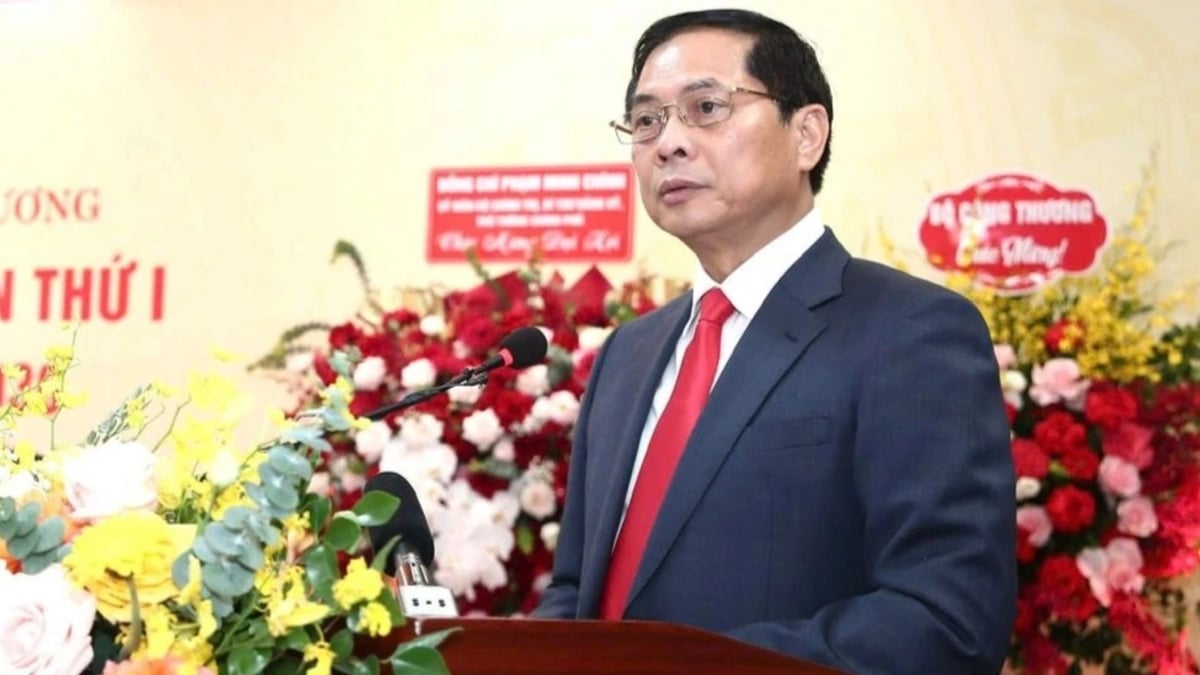






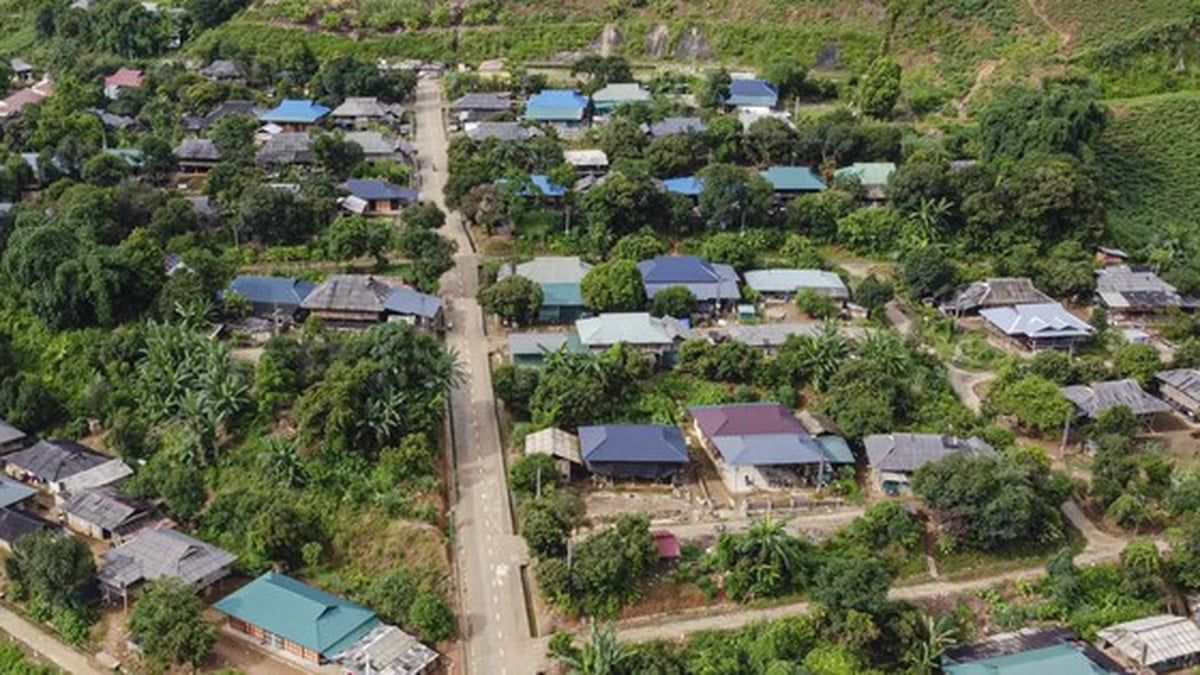
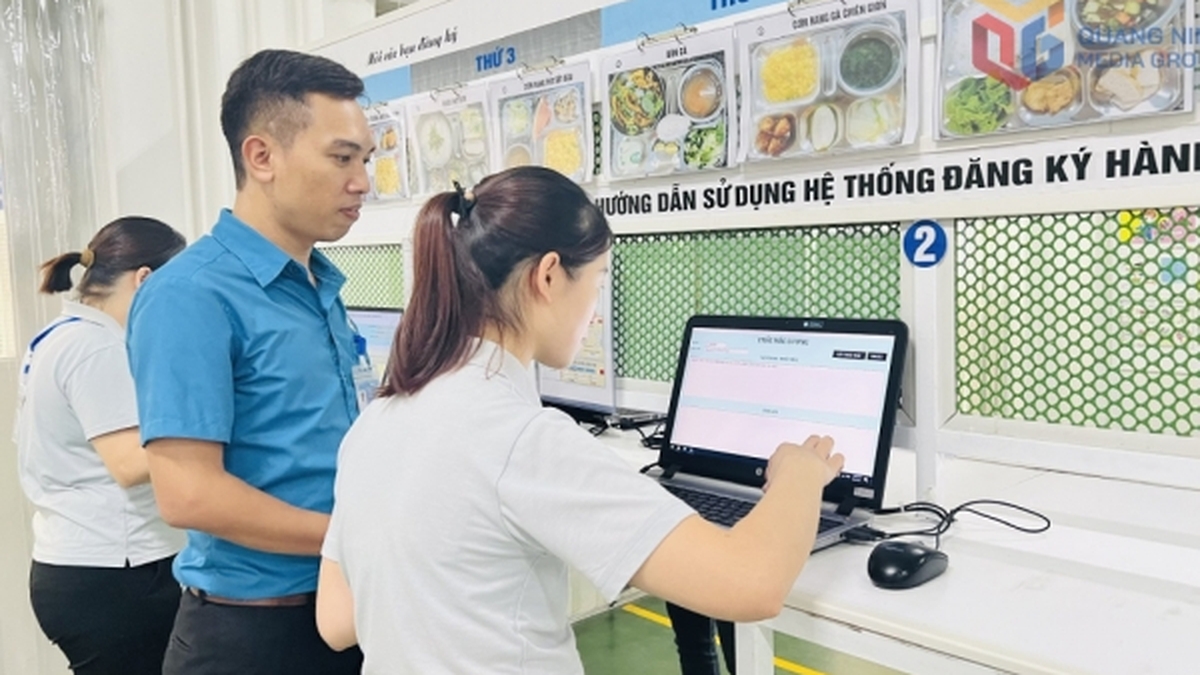





































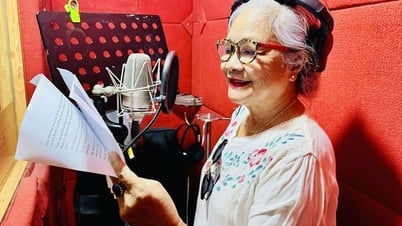

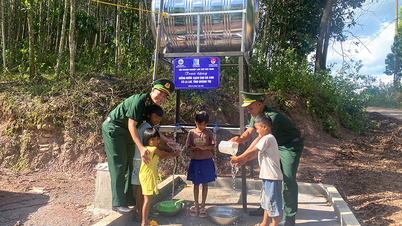











![[Maritime News] More than 80% of global container shipping capacity is in the hands of MSC and major shipping alliances](https://vphoto.vietnam.vn/thumb/402x226/vietnam/resource/IMAGE/2025/7/16/6b4d586c984b4cbf8c5680352b9eaeb0)











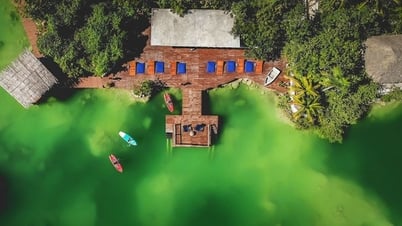


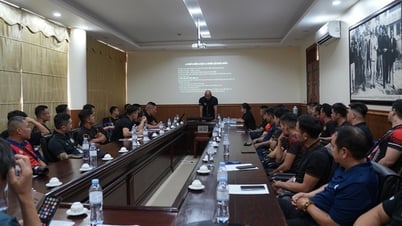























Comment (0)